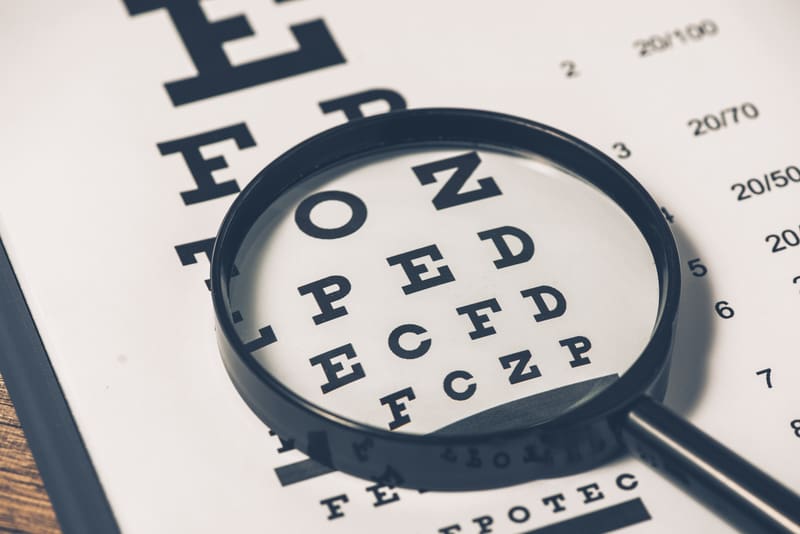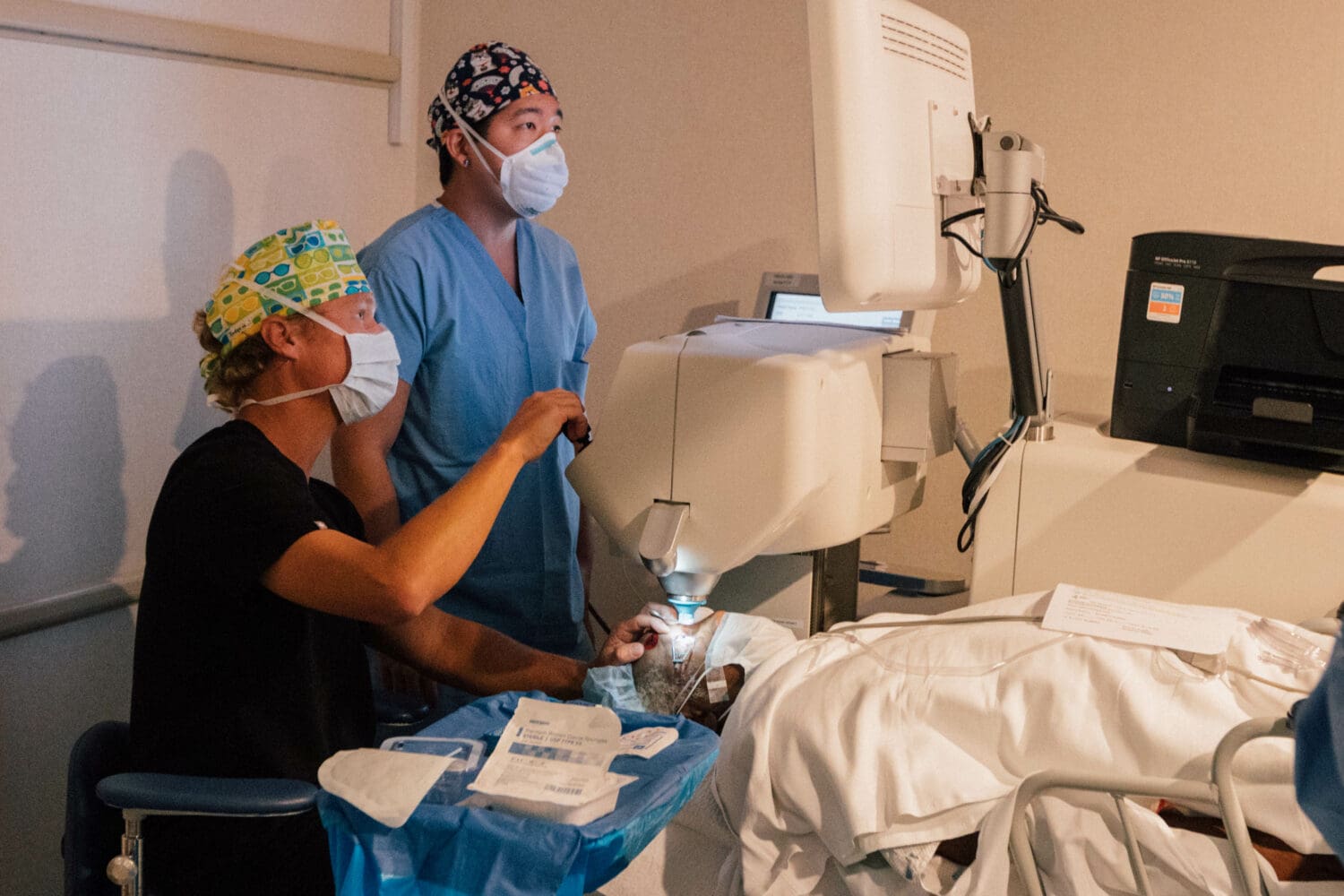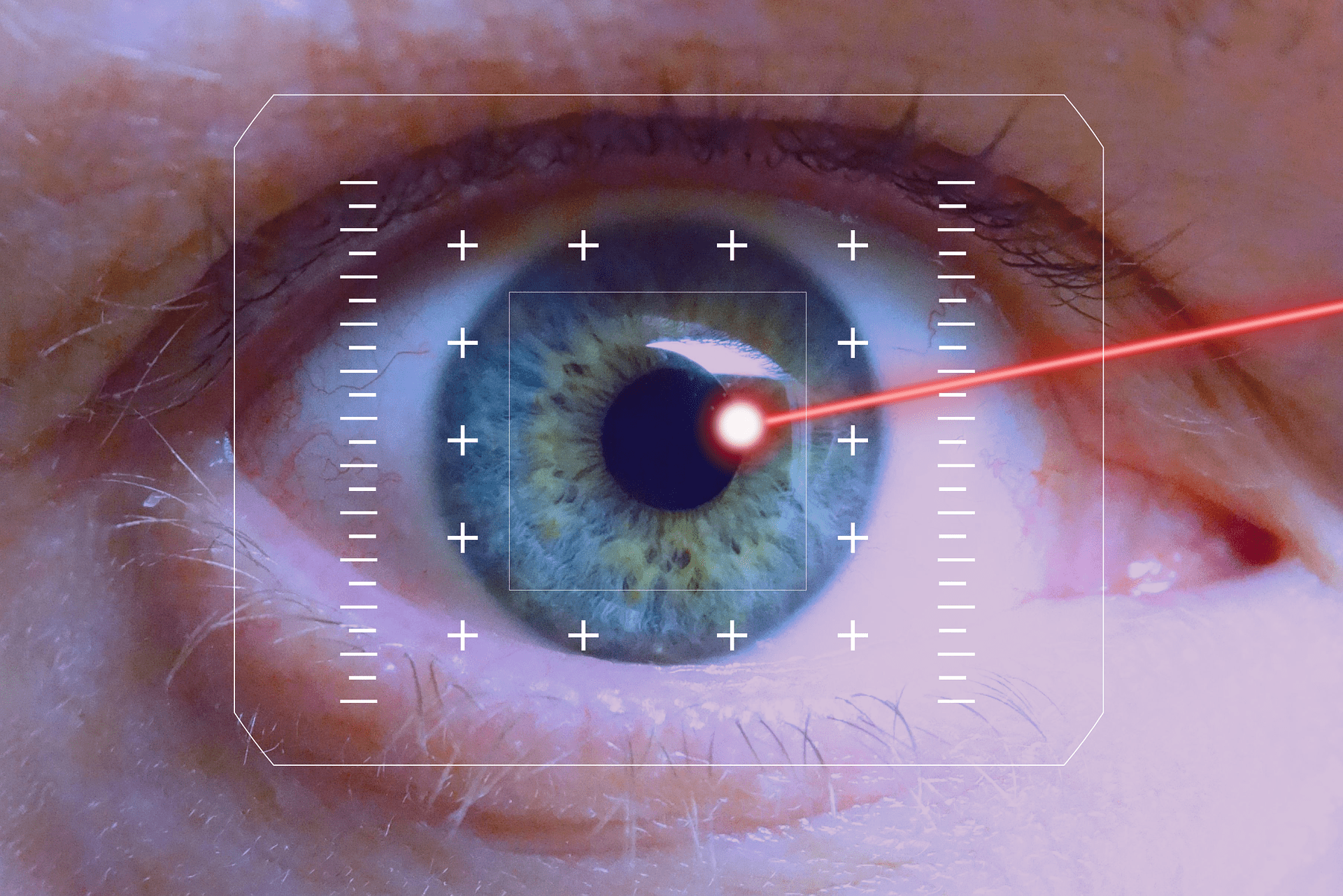LASIK eye surgery has transformed the lives of millions by offering a long-term solution to…

How Low Vision Treatment Helps Individuals with Albinism
Albinism is a genetic condition that affects eye, skin, and hair pigmentation. People with albinism face unique challenges, particularly related to vision. Reliable eye care and low-vision treatment are crucial for addressing their specific needs.
Understanding Albinism and Its Impact on Vision
Albinism is characterized by a lack of melanin, the pigment that gives color to our eyes, hair, and skin. As a result, individuals with albinism typically have very light or pale features, and their eyes can be highly sensitive to light. The most significant vision-related challenge associated with albinism is a condition called nystagmus, which involves involuntary, rapid eye movements. This makes it challenging to maintain a stable, focused vision. Many people with albinism have reduced visual acuity and depth perception. By understanding the impact of albinism on vision, we can better support individuals with this condition.
The Role of Low-Vision Treatment
People with albinism can benefit greatly from low vision treatment, as it focuses on enhancing their visual capabilities and improving their quality of life. By utilizing various low-vision aids and assistive devices, individuals with albinism can significantly improve their daily functioning and overall well-being. One of the main goals of low vision treatment is to help individuals with albinism achieve greater independence in their day-to-day activities. This may include tasks such as reading, writing, navigating their surroundings, and performing self-care activities. Low vision specialists work closely with their patients to assess their unique needs and provide personalized treatment plans that address their specific visual challenges.
The Importance of Reliable Eye Care
Reliable eye care is essential when it comes to addressing the specific needs of individuals with albinism. Albinism is a genetic condition that results in a lack of melanin production, leading to lighter skin, hair, and eyes. This lack of melanin also affects the development of the eyes, causing vision problems such as nearsightedness, farsightedness, and astigmatism. Without proper eye care, individuals with albinism are at risk for developing other eye conditions such as nystagmus, strabismus, and photophobia. By providing reliable eye care, these individuals can effectively manage their vision problems and prevent further complications.
Low vision treatment plays a crucial role in improving the lives of individuals with albinism. With specialized visual aids, optical filters, training, and counseling, people with albinism can overcome their unique visual challenges and lead more fulfilling lives. To ensure the best results, it is essential to seek reliable eye care from professionals experienced in low vision treatment.
If you or a loved one has albinism and is seeking low vision treatment to enhance your visual capabilities and overall quality of life. Contact our experienced and dedicated team of eye care professionals today.



